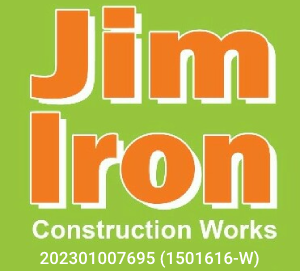Reasons for Extension:
Increased Production
If the factory's production capacity is reaching its limit due to increased demand, expanding the facility can allow for the installation of more production lines or machinery.
Additional Storage
Warehouses often require additional space to store raw materials, finished products, or inventory. An extension can provide the needed storage capacity.
Operational Efficiency
Expanding the facility can help improve workflow and operational efficiency by providing more room for processes, machinery, and personnel.
New Operations
Businesses might diversify their operations or add new product lines that require specialized space. An extension can accommodate these new requirements.
Modernization
Older factories or warehouses might need an extension to upgrade and modernize their infrastructure, comply with new regulations, or adopt newer technologies.
Considerations for Extension:
Space Planning
Careful planning is essential to optimize the use of the extended space. Consider layout, workflow, and the efficient placement of equipment and storage.
Budgeting
Extending a facility can be a significant investment. Determine a realistic budget that covers construction costs, permits, design fees, and potential contingencies.
Permits and Regulations
Obtain the necessary permits and ensure compliance with local building codes and regulations. Environmental and safety considerations are also important.
Design and Architecture
The extension's design should match the existing structure and consider aesthetics, functionality, and energy efficiency.
Construction Timeline
Set a realistic timeline for construction to minimize disruptions to ongoing operations.
Advantage for Extension:
Increased Capacity
One of the primary reasons for extending a factory or warehouse is to increase its capacity. This allows businesses to accommodate higher production volumes, store more inventory, and fulfill larger orders.
Improved Efficiency
With more space, businesses can redesign workflows and layouts to optimize operational efficiency. This can lead to streamlined processes, reduced material handling time, and improved overall productivity.
Flexibility
A larger facility provides greater flexibility for rearranging work areas, adding new production lines, or introducing new product categories without constraints due to space limitations.
Enhanced Storage
Warehouses with limited space can benefit from an extension by gaining additional storage space. This helps prevent overcrowding, reduces the risk of damage to goods, and facilitates organized inventory management.
Modernization
Factory and warehouse extensions often involve incorporating modern technologies, equipment, and automation systems. This modernization can lead to higher quality products, increased production speeds, and reduced operational costs.
Inquiry - Jim Iron & Construction Factory & Warehouse Extension













